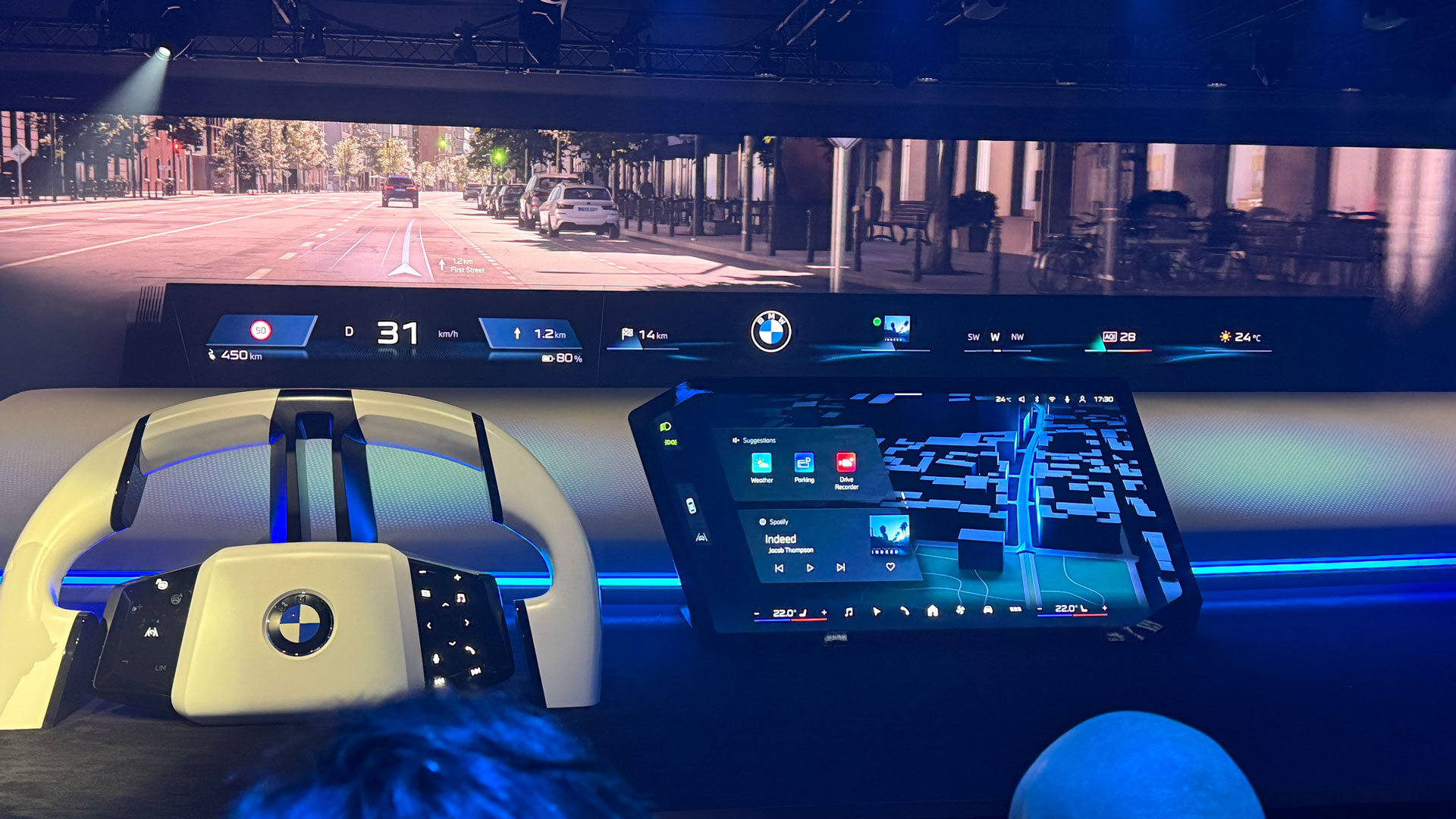The ubiquity of artificial intelligence across the CES 2025 landscape is just as impressive and commanding as the already iconic Sphere. It’s a clarion call of intention from innumerable tech companies all promising to make AI the center of your known digital universe.
Table of Contents
AI’s Impact on Various Industries
Unlike other CES trends – think VR and 3D TV – that are more marketing than utility, there is some inescapable logic here. AI’s inherent power, versatility, and unprecedented exponential growth make it almost unlike any technology we’ve encountered before. Companies like Delta, BMW, LG, Hisense, Samsung, and others have recognized that the data their systems have been collecting can be pulled together by AI into an almost organic whole. This proactive system operates at your behest, offering a seamless experience.
Delta’s Concierge AI
As Delta celebrates its centennial this year, the airline’s focus on enhancing customer experiences through AI is noteworthy. The relationship humans share with travel is vast and complex. We travel for work, fun, family connection—the moments we cherish and sometimes endure. The journey begins long before the airplane takes off. Delta’s plans for a Concierge AI service aim to connect these experiences.
- Proactivity: The service will guide passengers from planning their trips to arriving at their destinations.
- Data Integration: Delta possesses extensive data regarding traveler preferences, making it well-positioned to employ AI effectively.
An AI concierge that coordinates all elements of a trip—from booking to landing—can transform air travel into a personalized experience.
Samsung’s SmartThings Transformation
For years, Samsung has tried to captivate consumers with its SmartThings platform. However, this year marks a shift towards a more ambitious AI-driven approach. SmartThings everywhere emphasizes cross-product communication, allowing users to experience a more coherent smart home ecosystem.
- Data Communication: AI helps stitch together various products and devices.
- Bixby Upgrade: Once regarded as a lackluster assistant, Bixby is set to become significantly more intelligent.
Bold Moves in AI Innovations
Across the board, the boldness of AI initiatives is evident. BMW is not merely updating its existing iDrive system; it is reimagining the entire dashboard experience. The car’s interior now serves as a central hub, integrating driving experience with user preferences and needs.

(Image credit: Future / Lance Ulanoff)
The Future of AI Usability
The overarching theme of AI announcements from various companies is transparency. If executed correctly, this integration will feel less intrusive and more tailored to individual needs.
- Hyper-Customization: Expect apps and devices to recognize preferences effortlessly.
- Transformative Experience: Users will notice a change that is useful rather than forced.
Long-Term Strategies in AI Adoption
At CES, even smaller companies are embracing AI for long-term growth rather than fleeting fame. For instance, one company in the sexual health sector is inviting customers to participate in a beta program. By sharing anonymized data, they aim to enhance their offerings using AI insights.
Ultimately, CES remains a showcase for how technology can potentially alter our lives, and the current trend toward AI provides an expansive lens through which we can view this trajectory. The integration of AI at scale signifies not just a momentary trend but a substantial evolution in how we interact with technology in our daily lives.








Leave a comment